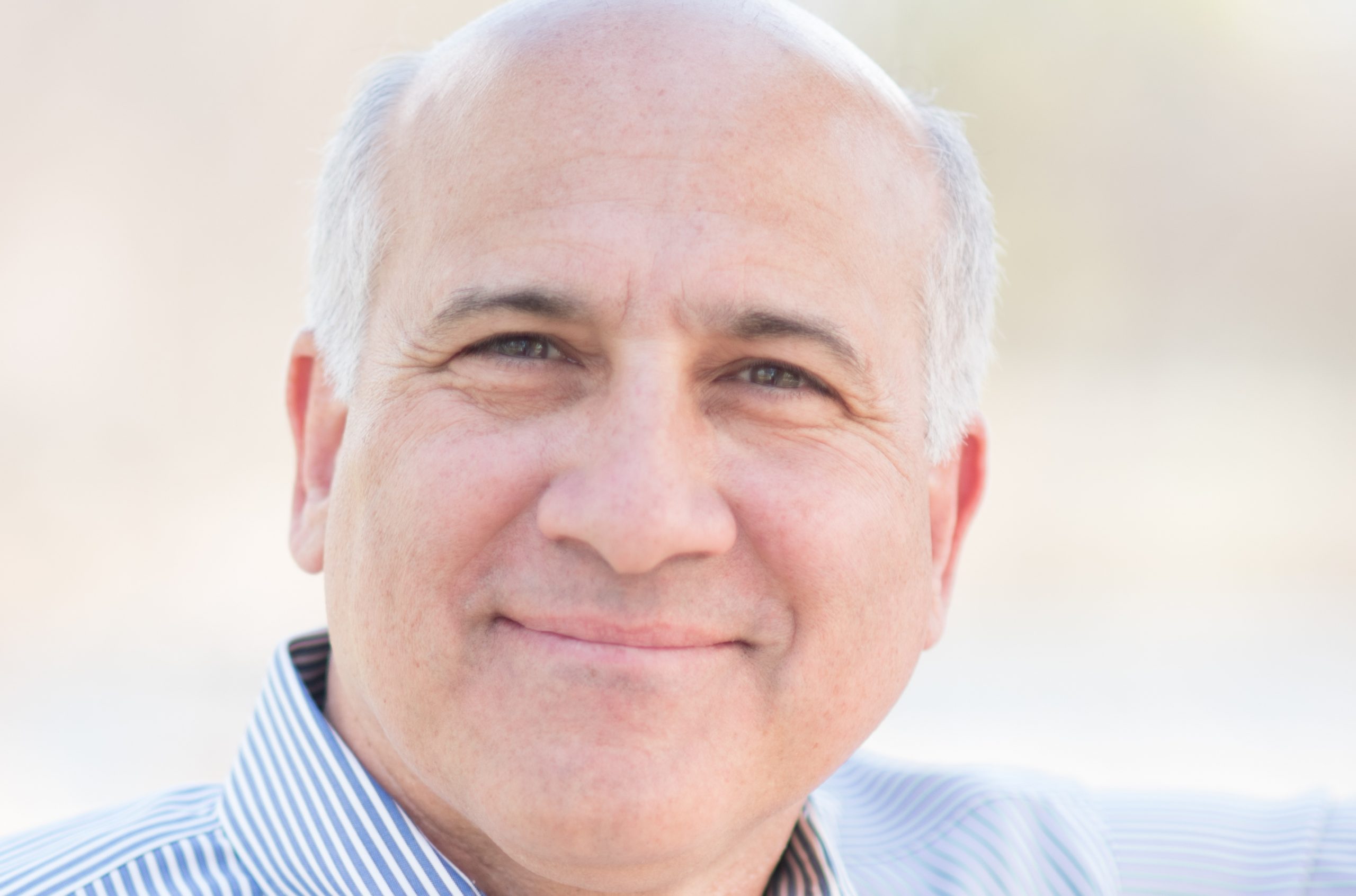Tell us about yourself and your mission.
I really enjoy seeing the people around me succeed. As someone who enjoyed participating in sports, but never did excel at individual sports, I had to learn to be a valuable contributor to a team to experience success myself. What I learned in my early years is that succeeding jointly, as part of a team, is incredibly rewarding. My first real taste of this came when I was a freshman coxswain on a university rowing team where my boat contributed to our university winning the Ten Eck (overall) trophy at the Intercollegiate Rowing Association championships. I was fortunate to have an incredible coaching staff that mentored me on the art of leading the rowers in my shell. As a coxswain, it was not my strength pulling on the oar and powering the vessel, my job was to steer, monitor and adjust the stroke rate (think RPM of an engine) of the rowers so that by the time we crossed the finish line 2,000 metres later each team member had used every ounce of energy in their bodies. I would later learn how important my coaches were in developing not just myself and my crew, but each one of our crews, so that the combination would lead to a national championship. The lesson I learned from them I call cascading leadership, they did more than just lead, they taught the coxswains to lead who were then expected to develop leaders within each one of our crews. I have learned since then that in the highest performing organisations, leadership can come from any level when you empower people to act.
In those days “Leadership Coaching” was not an undergraduate curriculum that was offered anywhere that I was aware of. It was those early interactions on the crew team that steered me toward crafting my own curriculum by double majoring in Psychology and Communication Arts. The economy when I graduated was not job-friendly for recent graduates (interest rates in the high teens and record unemployment), so I continued to graduate school, obtaining a Juris Doctor degree and practicing law. Less than two years into the practice of law I started my entrepreneurial journey, founding my own law firm, and about 10 years later migrating to running multiple successful businesses. After a few successful exits from those experiences, I decided to dedicate myself to helping create the next generation of high-performing leaders. To shift gears from an executive role to leadership development I enrolled in Georgetown University’s Institute for Transformational Leadership in 2014 and founded Terra Firma Leadership in 2016.
To build a good house you need a stable and appropriate foundation for the structure to sit upon.
All along my journey, I was fortunate to have great team members who mutually wanted to succeed in a cooperative way. Keep in mind that what I call team members are not necessarily employees or direct reports. On my “team” were mentors, vendors, customers, friends, family and sometimes even competitors. I am grateful for all that I interacted with and the lessons they taught me along the way.
You believe that in order to be the best leaders they can be CEOs need to lean into who they really are. Can you elaborate on this?
I named my firm Terra Firma Leadership because the most successful leaders I know are solidly grounded in who they are and what they stand for. Not to sound dramatic and simply put, it is almost impossible to build the respect and trust necessary to lead other individuals if you do not know and understand what your personal purpose, cause or beliefs are. What you stand for at an emotional level drives your behaviours and it’s leveraging those behaviours that get the best results, personally and professionally. You need to be crystal clear in how you articulate what you stand for to others, so they know the boundaries of acceptable behaviour and expected results.
Why is establishing their personal values so important in this process?
One of the most important leadership qualities is often described as “Integrity”, which in its purest form is acting in a way that is consistent with the actions you expect out of others. In straightforward terms, do you “Practice what you preach” or “walk the talk”? There is a ton of research proving the effectiveness of values-based leadership. I have found that it is hard to demonstrate integrity and espouse company values if you yourself do not know, and demonstrate, your own personal values on a daily basis. It is shocking to me how few “C”-Suite members know their organisation's stated Mission, Purpose and Core Values without looking it up. It has been my experience that high-performing executives can recite the Mission, Purpose and Core Values of their organisation off the top of their heads. Of that subset, the highest performing executives when queried also can clearly articulate a simple statement of their own personal values. And when their personal values line up with the organisation’s Mission, Purpose and Core Values really spectacular results start to happen.
How can you help CEOs with this?
To build a good house you need a stable and appropriate foundation for the structure to sit upon. As a Leadership Coach, I like to start with the foundation. Often the values and lessons a client learned along the way from parents, teachers, managers, peers, and others are the foundation that influences their behaviour. We assimilate all these experiences over our lives and what comes out are our personal values. We recognised good integrity when we saw it in others, and we also distinguished behaviour we did not want to emulate. What I have experienced is that most leaders operate in a default mode without thinking about what really drives their actions largely based on these early influences. Early in my interactions with a client, we explore what they previously experienced and how that drives them. Creating self-awareness allows a leader to leverage their strengths in an intentional and inspirational way and helps them identify, and avoid, any behavioural derailers that cause problems. Getting clear on their values is a compass that creates their solid foundation.
Why is coaching so essential if you want to be a good CEO?
The highest performing leaders also need to be great coaches themselves. They do not need to be professionally trained and credentialed coaches, but they have learned to be a coach to those they lead. It is an important tool for them to have in their leadership toolbox. The process of coaching is very different from that of consulting, advising, teaching, mentoring, visioning, etc. It is a skill set that allows you to help people set goals, create outcomes and manage personal change. Working with an experienced executive coach not only helps leaders set their own goals and achieve outcomes, but it also allows the coach to demonstrate to the leader what good coaching looks like, so they can use those skills in leading others and creating generations of young leaders coming up through the ranks.
Website: www.terrafirmaleadership.com











